Although the regulation on origin of goods produced in Vietnam "made in Vietnam" was proposed by the Ministry of Industry and Trade to the Government in 2018, after 5 years it has not been able to be issued because there are no criteria and concerns about the burden of compliance costs for businesses.
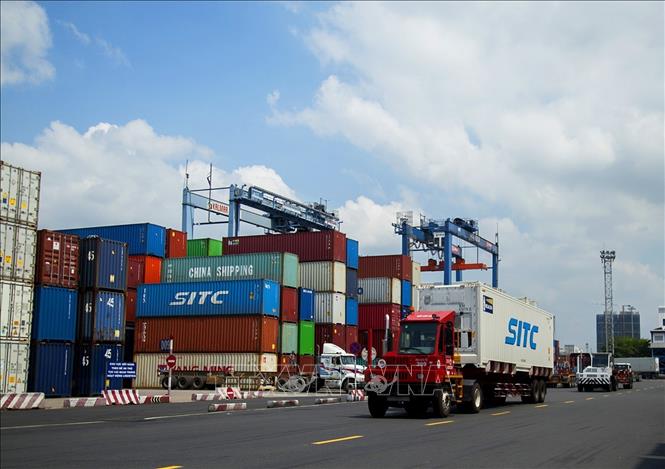 |
| Loading and unloading containers at Saigon New Port. Illustrative photo: Hong Dat/VNA |
In a recent report sent to the National Assembly Standing Committee, the Ministry of Industry and Trade stated that it is facing many related problems, so after 5 years of proposals, the Ministry has not been able to provide regulations and conditions on what constitutes goods made in Vietnam and goods circulated domestically.
The report also stated that the regulation on "made in Vietnam" goods was proposed by the Ministry of Industry and Trade to the Government in 2018. One of the "bottlenecks" that hinder the establishment of criteria for goods of origin for goods produced in Vietnam is that there are still no regulations on criteria and conditions for businesses to identify and display goods on packaging as "products of Vietnam" or "made in Vietnam".
The Ministry of Industry and Trade said that initially, the Ministry reported to the Government to develop a "made in Vietnam" Circular, but in 2019, when it was submitted to ministries and branches for comments, the content of the Circular had policies beyond its authority. Therefore, the Ministry of Industry and Trade requested to switch to developing a Decree.
On December 9, 2021, the Government issued Decree 111/2021/ND-CP amending and supplementing a number of articles of Decree 43/2017/ND-CP dated April 14, 2017 of the Government on product labeling. Accordingly, the policy content on product labeling expected to be regulated in the Decree "made in Vietnam" has been included in Decree 111/2021/ND-CP.
This means that the “made in Vietnam” document will only focus on the regulations on the set of origin criteria used to identify goods made in Vietnam, which is the basis for labeling the origin of goods in Decree No. 43/2017/ND-CP. Therefore, the development of the “made in Vietnam” document at the Decree level is no longer necessary.
By May 2022, the Government agreed to allow the Ministry of Industry and Trade to return to drafting regulations at the Circular level, instead of Decree level. However, the issue of promulgation authority does not match the functions and tasks of the Ministry of Industry and Trade.
Furthermore, the regulation at the Circular level on goods "made in Vietnam" will be more legally strict than the current regulations on domestic goods, so it "has potential legal risks and can easily encounter negative reactions from businesses.
According to the Ministry of Industry and Trade, in reality, when the Circular has not been issued, businesses are still determining goods made in Vietnam according to the principles of Decree 111/2021/ND-CP. Notably, during the 5 years of implementing the regulation, the Ministry of Industry and Trade has only received a number of documents from 16 businesses requesting guidance on determining whether goods are allowed to be labeled as made in Vietnam or not?
One of the difficulties raised by the Ministry of Industry and Trade is that if the regulation of "origin of goods" is a mandatory content on product labels, all goods produced in Vietnam will have to comply with the regulation. This will have a huge impact on businesses.
Not only that, the traceability and identification of the origin of each component and raw material is not easy and very costly. Not to mention, import-export enterprises are familiar with concepts in the field of origin such as value content, code conversion, HS code; have human resources and accounting systems to calculate parameters, so compliance is not difficult.
On the other hand, this regulation will be an obstacle for businesses, small-scale production facilities, and individual business households, and may even result in large compliance costs for businesses. Therefore, the Ministry of Industry and Trade believes that the issuance of new regulations and conditions that may result in compliance costs for businesses is inappropriate.
Therefore, the Ministry of Industry and Trade will continue to work with the Ministry of Justice and other ministries and branches to research and resolve issues regarding the authority to issue the Circular and consider issuing this regulation within its authority at an appropriate time to limit the impact on the production and business activities of enterprises.
According to the draft decree on origin of goods recently announced by the Ministry of Industry and Trade, goods are also considered not to be Vietnamese goods when they only have trademarks, labels, marks or similar distinguishing signs affixed to the product or product packaging or simply assemble product parts to create a complete product.
According to VNA
Source






![[Photo] Nearly 104,000 candidates in Hanoi complete procedures to take the 10th grade entrance exam](https://vphoto.vietnam.vn/thumb/1200x675/vietnam/resource/IMAGE/2025/6/7/7dbf58fd77224eb583ea5c819ebf5a4e)

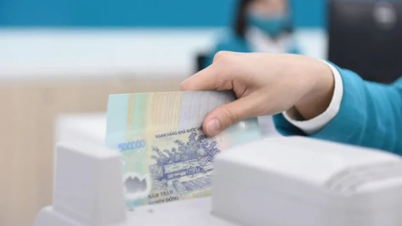










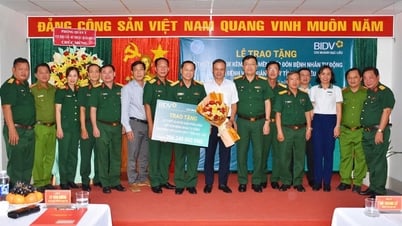
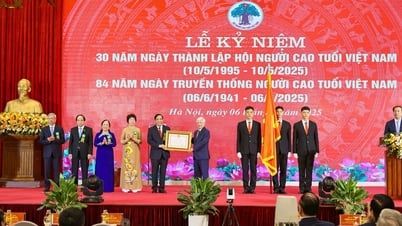













![[Photo] President Luong Cuong works with Hung Yen and Thai Binh Provincial Party Committees on implementing Resolution of the 11th Central Conference, 13th tenure](https://vphoto.vietnam.vn/thumb/1200x675/vietnam/resource/IMAGE/2025/6/6/127b735d2761484d81dcee0d7725a25b)



























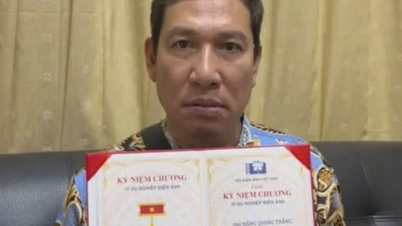



























![[OCOP REVIEW] Tu Duyen Syrup - The essence of herbs from the mountains and forests of Nhu Thanh](https://vphoto.vietnam.vn/thumb/402x226/vietnam/resource/IMAGE/2025/6/5/58ca32fce4ec44039e444fbfae7e75ec)









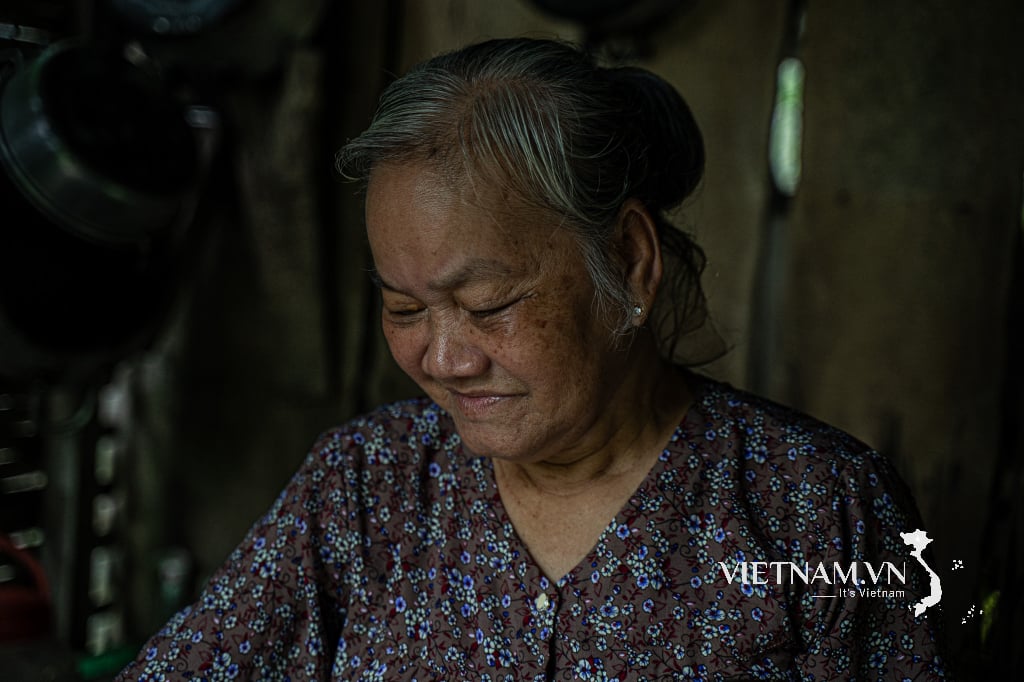
Comment (0)